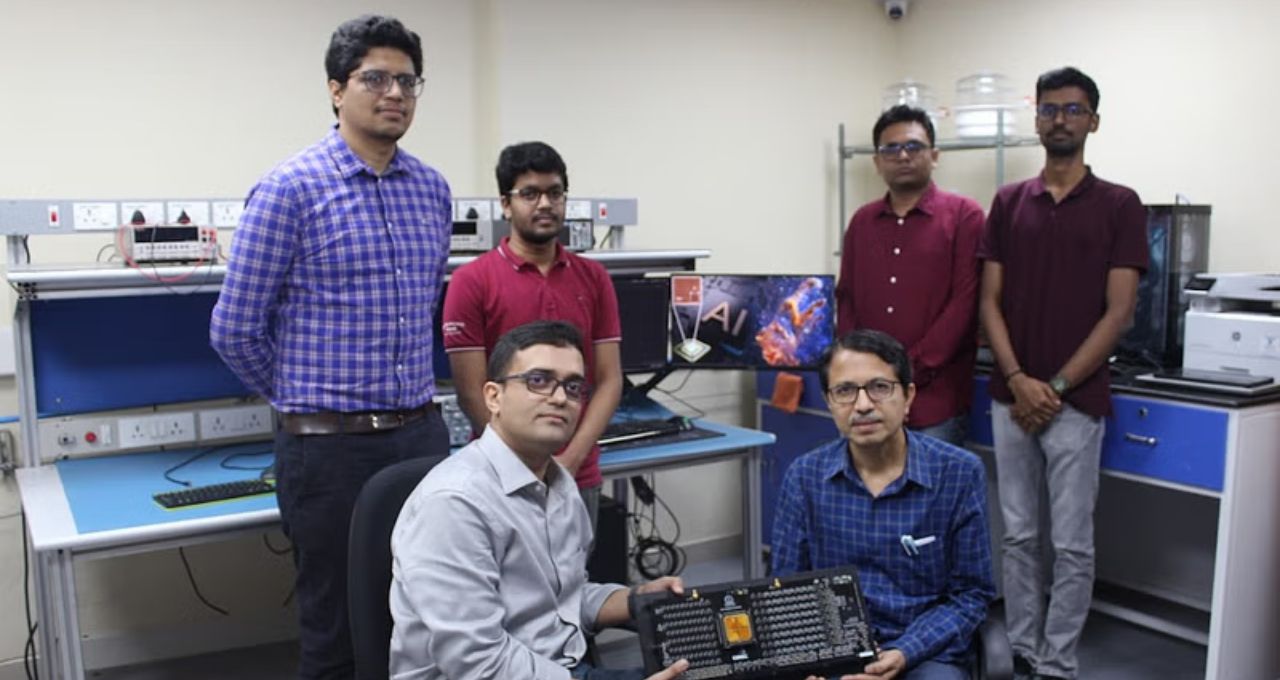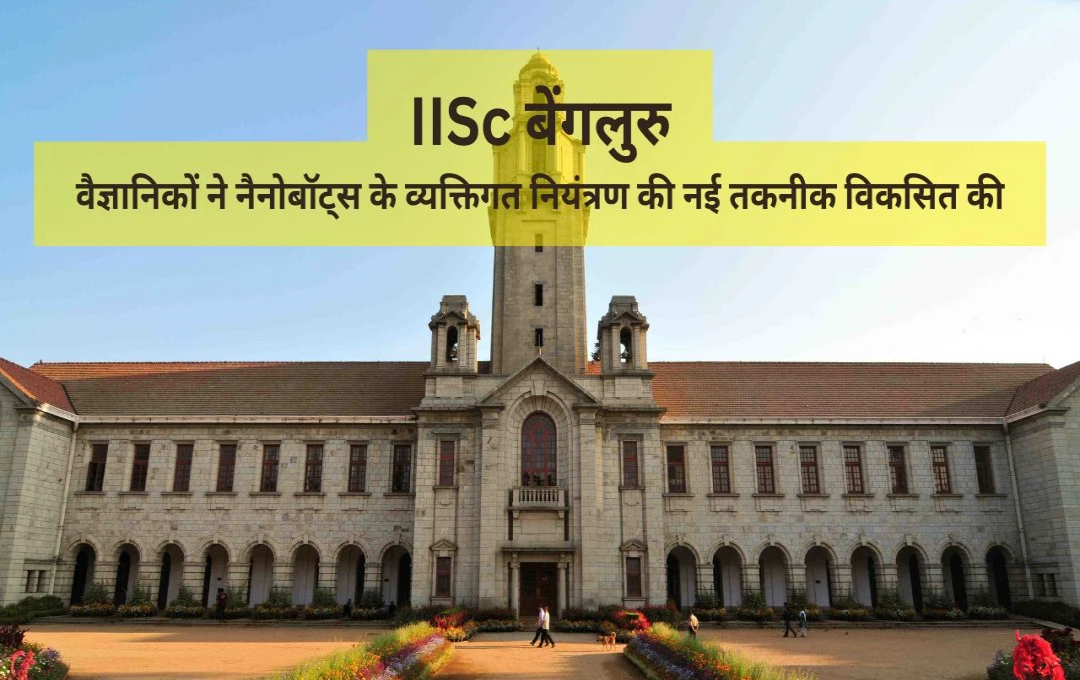Scientists at the Indian Institute of Science (IISc), Bengaluru, have developed a novel technique for individual control of nanobots, termed "intermittent randomization." This technique enables nanobots to operate differently under the same control signal, paving the way for revolutionary advancements in medicine, electronics, and computing.
Individual Control of Nanobots: A Technological Revolution
Nanobots, microscopic robots, typically behave identically under uniform control signals. This makes it challenging to control individual nanobots for distinct tasks. Researchers led by Professor Ambarish Ghosh at the Center for Nano Science and Engineering (CeNSE), IISc, have developed the "intermittent randomization" technique, where the direction of each nanobot is randomly altered for brief periods. This allows them to move differently even under a single control signal.
Potential Applications in Medicine

This technology unlocks numerous possibilities in the medical field:
- Cell-specific drug delivery: Nanobots can be directed to deliver medication to specific cells.
- Minimally invasive surgery: Microsurgery inside the body can be performed using nanobots.
- Infection control: Nanobots can be deployed to infected areas to eliminate bacteria.
Applications in Electronics and Computing

This technique also enables the use of nanobots in electronics and computing:
- Precision manufacturing: Precise manufacturing at the microscopic level is possible using nanobots.
- Data processing: Data processing can be achieved using nanobots.
- Nanoscale computing: Nanoscale computing becomes feasible using nanobots.
The "intermittent randomization" technique developed by IISc Bengaluru represents a significant step towards individual control of nanobots. This technology opens new avenues in medicine, electronics, and computing, potentially revolutionizing these fields in the future.














